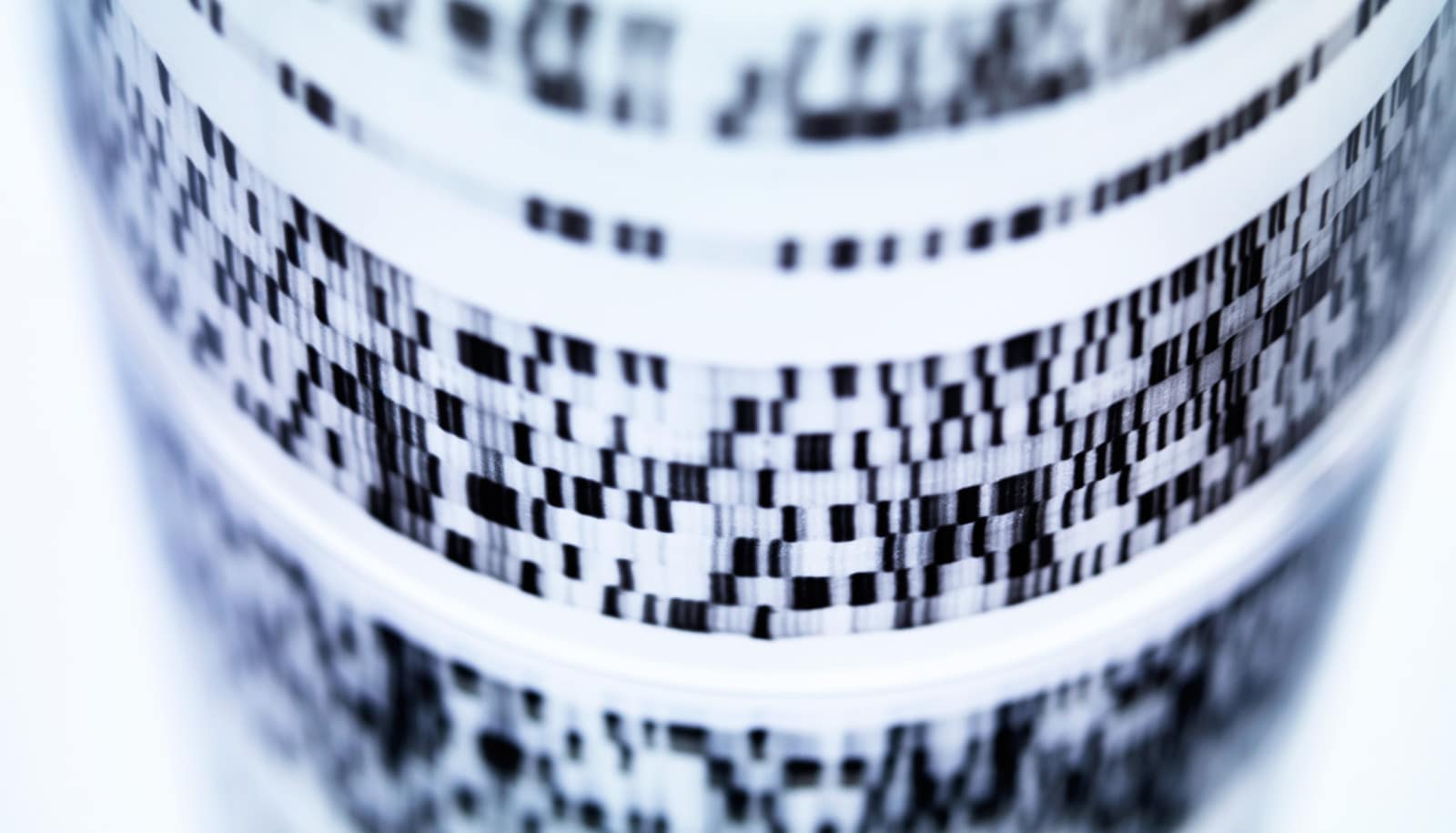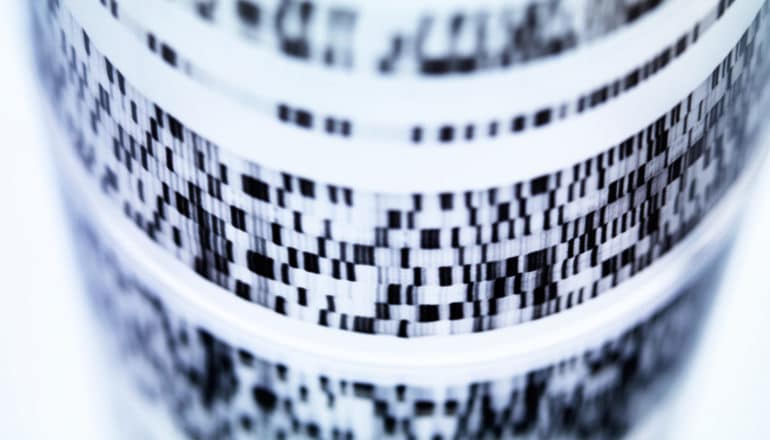
(Credit: Getty Images )
Facebook gets more diversity into gene studies
"Historically, genetic studies were largely made up of people who lived near university medical centers." Genes for Good allows others to participate.

Researchers believe they have found a way to harness the power of Facebook to recruit a large, diverse participant pool they hope will help provide quick, reliable data for genetic studies.
“The ability to study very large groups of individuals is a key challenge in human genetics, which is using very rare genetic changes—each present in very few individuals—to understand human biology and health and provide leads for design of new medicines,” says senior author Gonçalo Abecasis, a professor at the University of Michigan School of Public Health.
Katharine Brieger, a doctoral student in public health and first author of the report, says that for studies to be relevant to a broader population, they need to include samples of a wide range of racial, ethnic, and socioeconomic backgrounds.
“Historically, genetic studies were largely made up of people who lived near university medical centers, inadvertently excluding people who lived in more remote areas or who didn’t have the time and money to travel,” she says. “Allowing remote participation with Genes for Good allows many of these people to participate in research for the first time.”
How it works
Researchers invited people to participate in the Genes for Good study through Facebook starting in January 2015. Requirements included that participants live in the United States, have a Facebook account, and be at least 18. Most of the recruitment was done organically, with people finding the Genes for Good application through family and friends.
As of March 2019, about 117,000 people tried the app, 80,000 people had engaged with the study, 32,000 kits had been sent, and 27,000 DNA samples collected. Genotypes for the first 20,232 participants were analyzed.
Once an individual consented to the study, they were invited to complete online health history assessments, daily tracking surveys, and a separate module to report additional health conditions. Once participants completed a minimum of questionnaires, they received a spit kit to collect DNA for analysis.
Participants who provided a DNA sample received a free breakdown of their genetic ancestry and were able to download their raw DNA data in a digital format to analyze on their own or share with third-party interpretation services. While taking the surveys, they were able to compare their survey responses to those of other Genes for Good participants.
More diversity
Researchers say that while study participants tended to be younger and more female than the US population, they more closely resembled it in terms of diversity and household income than other genetic ancestry programs.
For example, while 53 percent of Genes for Good participants earned $35,000 to $100,000 a year, 54 percent of customers of 23andMe, a direct-to-consumer genetic testing service, have a household income of $100,000 or above.
In this study, 76 percent were non-Hispanic whites, 8.8 percent multi-racial/other, 8.3 percent Hispanic, 3.8 percent Asian, and 2.7 percent non-Hispanic blacks.
“Most genetic studies end up being 90-95 percent white. The 76 percent we have is closer to the US population,” Abecasis says.
When looking at health conditions such as important risks of cardiovascular disease, researchers observed similar rates of high cholesterol, hypertension, and smoking to those reported in nationally representative epidemiologic studies.
“We found that Genes for Good participants had similar rates of chronic disease indicators when compared to the general US population, which was very encouraging,” Brieger says. “We wanted to be sure that not only was the sample large, but also that the findings would be generalizable to our population of interest—in this case, US residents.”
Privacy protection
Abecasis says researchers worked hard to protect participants’ privacy. In addition to following the university’s data protection standards for genetic studies, they required a two-factor authentication for users accessing genetic data, encrypted all data transmissions, and made sure Facebook did not have access to the genetic data. Personally identifiable information and research information was collected by and saved in separate servers.
“It was really important to us that participants should be in control of what data they share with us,” Abecasis says. “All our surveys are optional, and users can choose which surveys to contribute to. We have also worked hard to keep research use of the data completely separate from private information, like user names and addresses.”
Brieger says researchers are actively working on developing new tools to provide participants with meaningful data summaries. As the sample size grows, the study’s ability to contribute more meaningful data to researchers will increase, she says.
Researchers plan on continuing to analyze the samples they have and are seeking additional funding opportunities to continue collecting and analyzing samples.
The study appears in the American Journal of Human Genetics.
Source: University of Michigan
The post Facebook gets more diversity into gene studies appeared first on Futurity.
Share this article:
This article uses material from the Futurity article, and is licenced under a CC BY-SA 4.0 International License. Images, videos and audio are available under their respective licenses.


